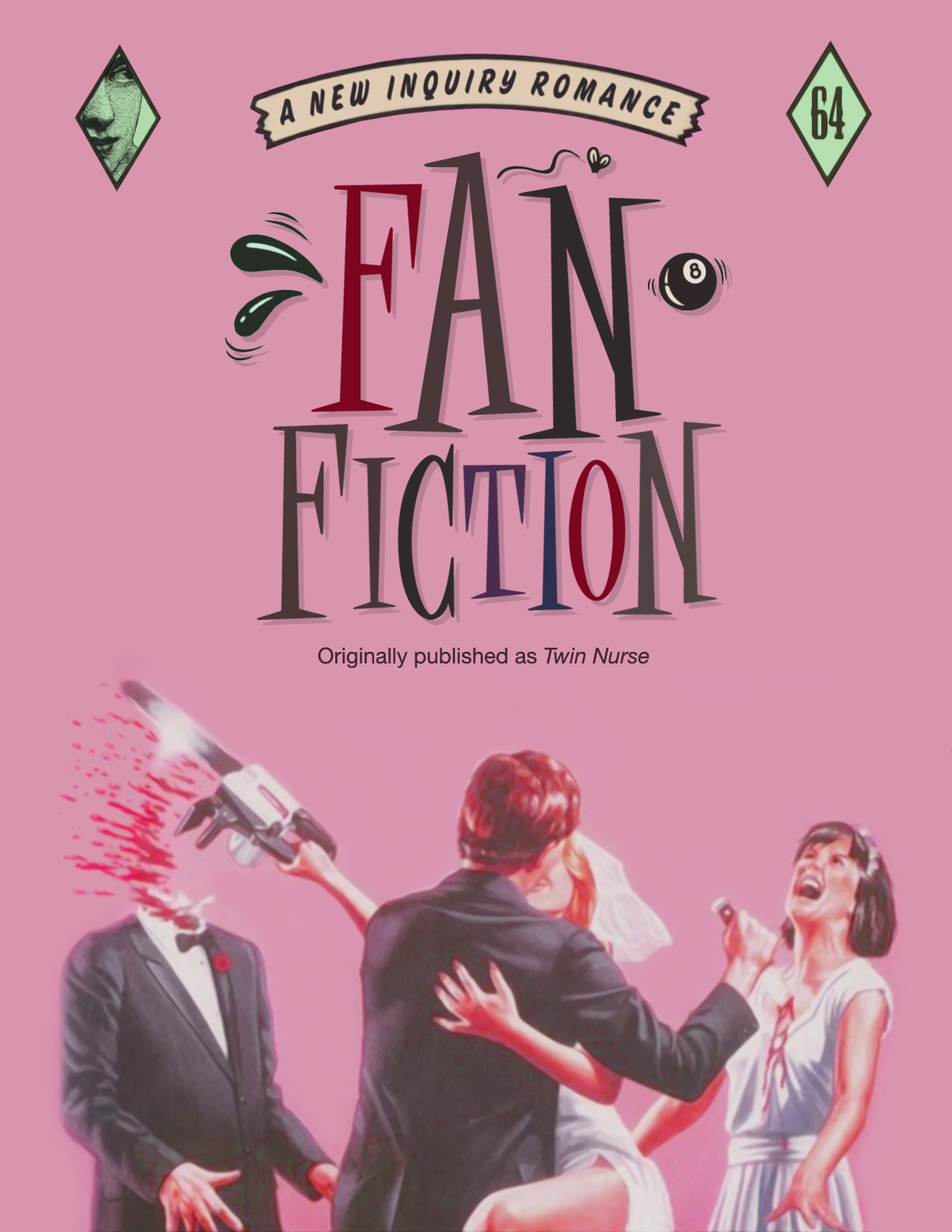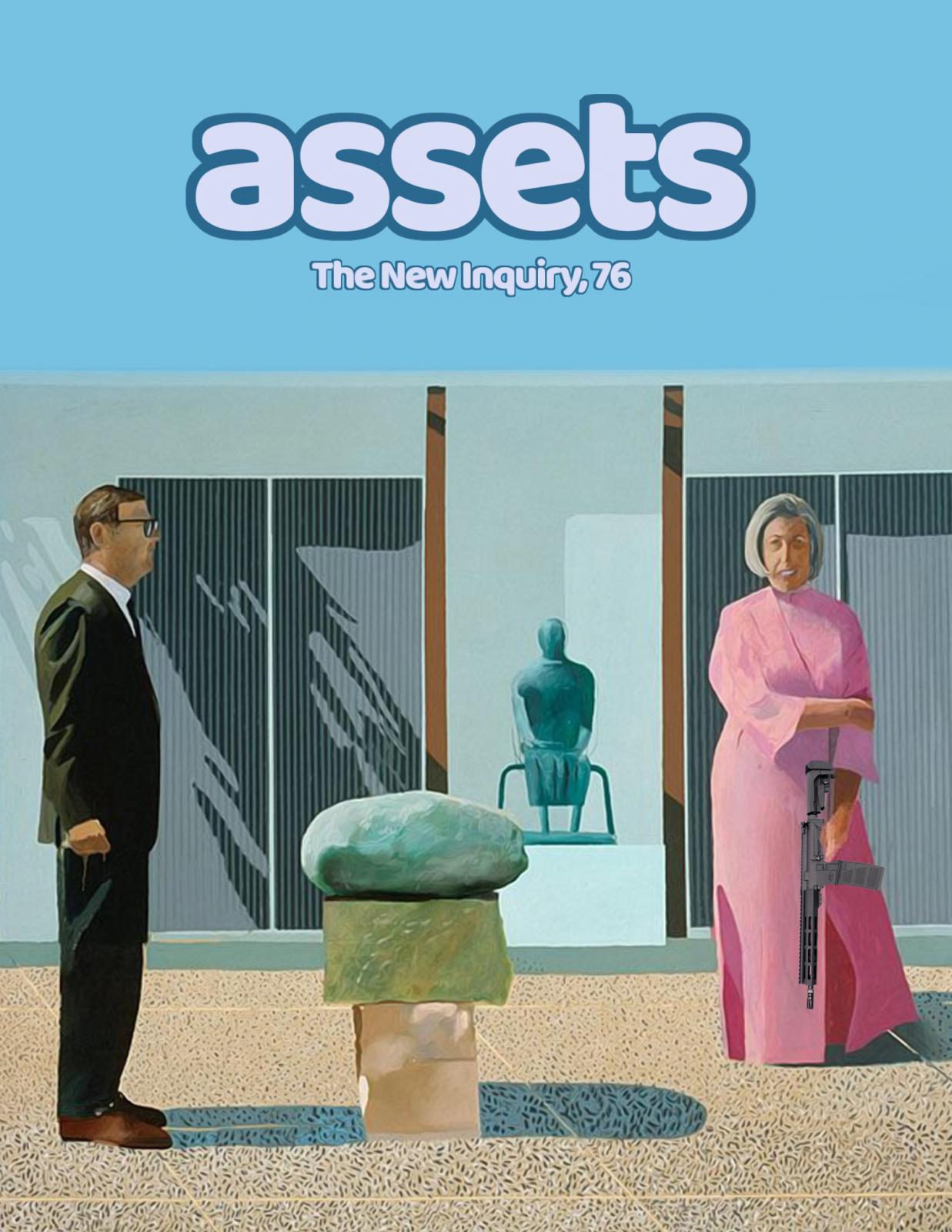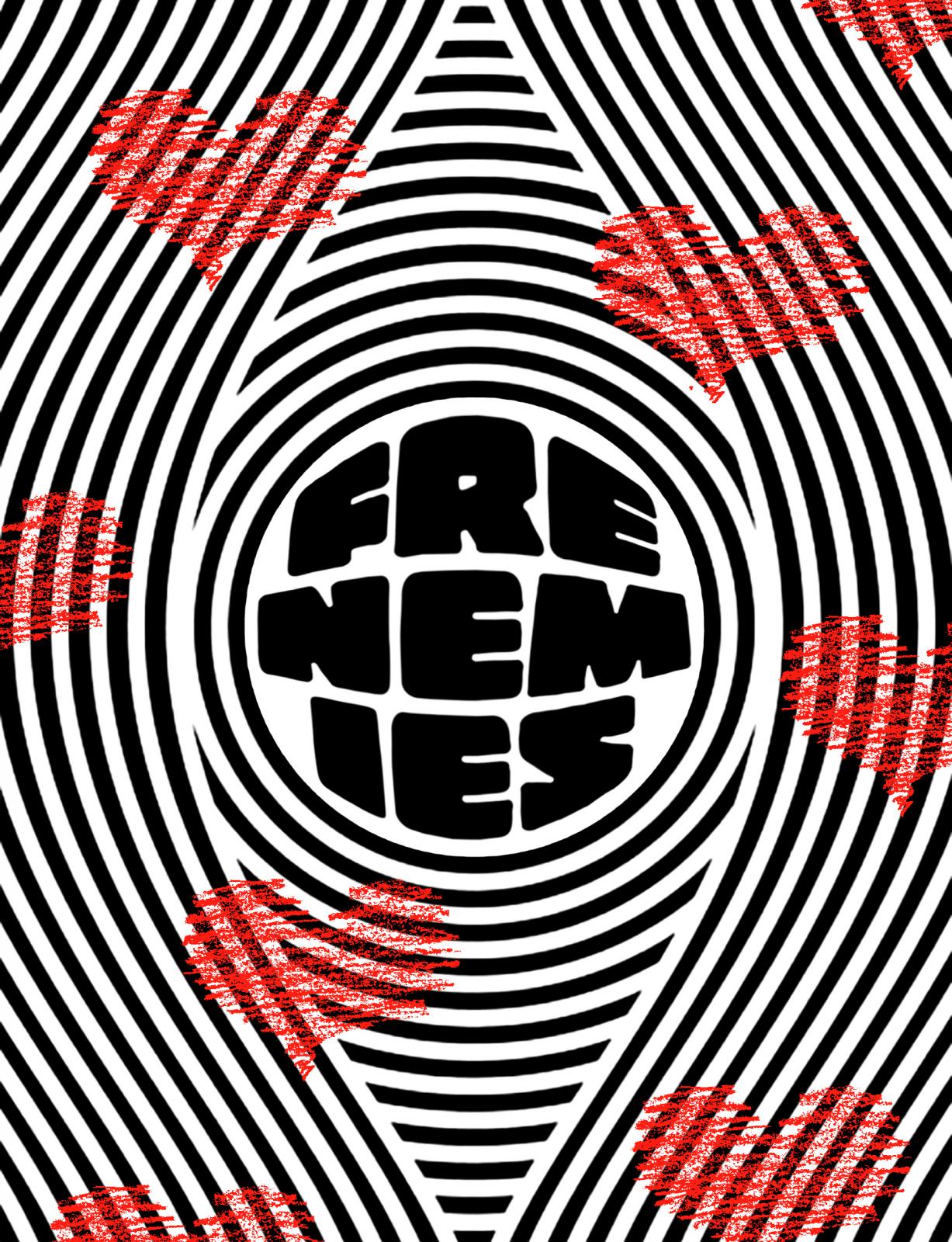Fan Fiction
Editors' Note
Few creative traditions are as widely derided as fan fiction. No dismissal of Fifty Shades of Grey was complete without the comment, sneered: “You know it was originally Twilight fanfic?” Those who are quick to marginalize it often cast the practice as the domain of lonely Internet weirdos, obsessive fans, and amateur scribes who can’t recognize the unreality of their favorite cultural commodities.
But what is fan fiction if not the play, subversion, and transformation of public mythologies? It is and always has been an act of care, which is to say, a genuine kind of criticism. A writer of fan fiction engages more deeply and seriously with their object than almost any critic. Yet the critic’s erudition is celebrated for its appropriate detachment while the fan’s contribution is rejected as excessively earnest.
Fan fiction drops the ironic distance, the knowing gaze of the critic and connoisseur. Its writers do not pretend to lack libidinal investments in their favorite TV shows, games, books, and movies. Instead, they embrace it, making their favorite characters fuck, break up, grow old, turn queer, kill each other, and, sometimes, die.
A typical issue of the New Inquiry solicits critics who engage with their objects from above.
With Fan Fiction, we’ve decided to engage culture from within. Our authors use fiction to explode boundaries. The criticism is coming from inside the house.
In 1969, three female students at Freie Universität in Berlin disturbed an Adorno lecture on dialectics. They surrounded him, baring their breasts, kissing him and showering him with flower petals. Anna Sadlon takes this historical incident—what could be seen as fan fiction or criticism performed live—as a starting point for a story about mothers and daughters, theory and practice.
Walidah Imarisha and Tony Tulathimutte take on the crucial questions—and baggy problems—of classic superhero stories. Tulathimutte’s “Devengers, Part Three” concerns the limits of Hollywood’s endless serialization and regurgitation of franchises. It’s fan fiction exploring the logical endpoint of megacorporate fictions for fans. “In this world, I mean the one you and I live in,” he explains, “every franchise has been rebooted, crossed-over, outmoded, revived to poor reception and resplendent success, until, after a chain of complicated acquisitions, of retcons and squarings of lore, only one enormous studio conglomerate produces and distributes superhero movies, the cinematic totalities it used to comprise have collapsed into a single continuity, and every original superheroic mantle has passed through every configuration of gender, race, sexuality, ability, historical era, and genre.”
In “Unafraid,” Imarisha envisions what Superman might do if he truly embodied his motto of “Truth, Justice, and the American Way.” (Prevent ICE raids, it turns out). In so doing, she tells a story about the courage, determination, and resilience of the undocumented/immigrant justice movement, often led by queer undocumented youth at the intersection of identities.
Not all heroes wear capes. Evan Calder Williams’s contribution takes the form of a letter, in which Snake Plissken, reluctant protagonist of the 1981 thriller Escape from New York, explains to Sallie Mae, rapacious creditor, why he will not be repaying any of his accumulated student debt and why they can burn in hell.
Of course, no issue would be complete without some good old antiheroes. In “Open Office Plan,” Hannah Gold explores the daily dramas and incentives of Urge, an eerily familiar media corporation in an eerily familiar lower-Manhattan tower. Its employees, live, sleep, advertise products, and occasionally write content together. And they aren’t allowed to leave.
Erikk Geannikis and Nic Murray portend odd futures for Coldplay’s Chris Martin and FiveThirtyEight’s Nate Silver, respectively. In the form of an imagined monologue, Geannikis’s Martin explains to the New Inquiry why the band has struck a deal with the grocery industry to feature exclusive, original Coldplay performances at self-checkout counters across the country. Murray, meanwhile, explores Nate Silver’s obsessive empiricism through splitting his mind-body across two alternate, statistically “probable” universes. Trippy.
Amelia Winger-Bearskin’s visual fan fiction asks what the psychological consequences would be “from juxtaposing the bronzed bodies and idyllic settings of the Sweet Valley franchise,” a young-adult paperback series from the ’80s, “with the strap-on techno-gadgetry of Silicon Valley.”
Frank Guan, porpentine charity heartscape, and Lilian Min reprogram the scripts of beloved video games. Guan’s story takes the ending of the cult Japanese PlayStation game Xenogears as its starting point. In porpentine’s “The Mask of Zelda: Dark Eternities,” the unnamed protagonist enters “Link’s body in the deathworld timeline where 99% of life has been wiped out and Hyrule Field is a barren wasteland and Death Mountain is spiraling into the sky in a maelstrom of rocks and fire.” Calamity ensues.
Meanwhile, Min’s “Dream Political Party” turns to the role-playing computer game Dream Daddy as its source code. In Min’s choose-your-own-adventure, you consider whether it’s worth hooking up with any of the Internet’s political archetypes, from the red-pill-ers to the "dirtbag leftists" to friendly neighborhood DSA organizers to millennial evangelicals.
We’re living in a time when major cultural producers are increasingly taking note of the creativity of their fanbases. They’re making “ships” canon, “revealing” Dumbledore’s homosexuality, or calling Daenerys “Dany” in vulgar fits of fan service. But no matter how much capitalists co-opt fan fiction, it’s the fans who find much more in their work than they ever intended. So, which political dream daddy will you pursue?
Featuring
-
Editors’ Note, Vol. 64: Fan Fiction
-
Dream Political Party
-
The Devengers, Part Three
-
Unafraid
-
Open Office Plan
-
Snake Plissken’s Letter to Sallie Mae Student Loan Services
-
Sweet VR of California
-
Calm Before, Calm After
-
The Silver Lining
-
The Mask of Zelda: Dark Eternities
-
Coldplay: Live at the Self-Checkout
-
The Ellipsis That Told the Tale





